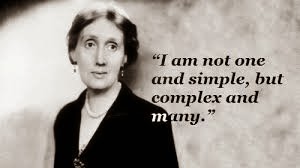It's time for WGT to come out of hibernation! A couple of brain waves kept me awake last night and I'm all excited about two new projects. Here's the first:
I want to explore what makes you guys happy, dear readers from different countries. All you talented scribes from all over the world, give us your views on HAPPINESS! (apart from book sales...:) But I can't do it without you!
How do you define HAPPINESS? Can you decide to be HAPPY?
You surely heard of the World Happiness Report conducted annually by CNN? According to that statistic, in 2017, the happiest countries were:
Sweden, Australia, New Zealand, Canada, Netherlands, Finland, Switzerland, Iceland.
I want to explore what makes you guys happy, dear readers from different countries. All you talented scribes from all over the world, give us your views on HAPPINESS! (apart from book sales...:) But I can't do it without you!
How do you define HAPPINESS? Can you decide to be HAPPY?
You surely heard of the World Happiness Report conducted annually by CNN? According to that statistic, in 2017, the happiest countries were:
Sweden, Australia, New Zealand, Canada, Netherlands, Finland, Switzerland, Iceland.
Do you think your country comes into the equation? Let's hear YOU speak, not statistics.
Fellow-writers, bloggers, philosophers, psychologists...and fellow human beings who are going through this school of life, tell us about your impressions and beliefs on happiness. Tell us what makes you happy.
Why does this topic mesmerize me? When we first moved to Ireland, Irish people asked us whether we were happy in our new home, the old farmhouse. For a German of my generation, it was absolutely unheard of to ask strangers whether they were happy. It felt intrusive, inconsiderate, prying to say the least. And for me, this question came at a time when I had just been "emigrated" to a country against my will and I found it hard to adjust.
Ever since then, I've been checking back in with my happiness barometer where I am on the scale of 1-10.
Is happiness too personal a matter/question for you too or will people know when you are you bubbling over with joy and happiness?


















